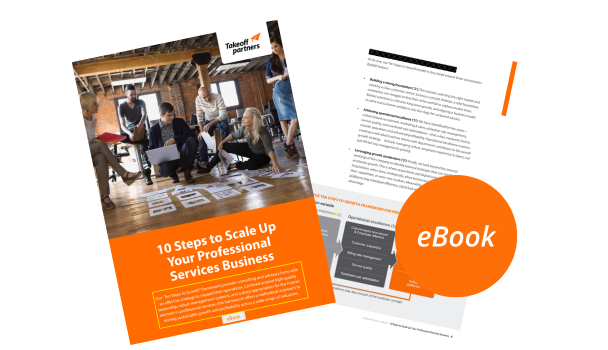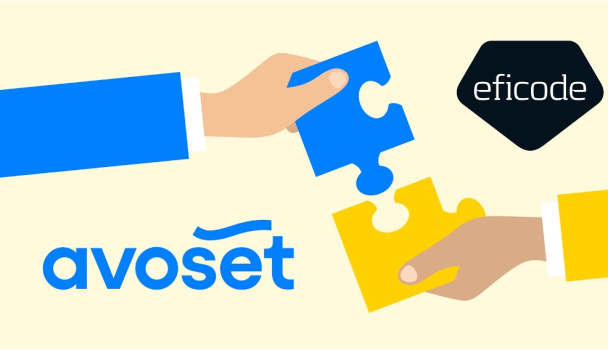How can growth companies find and engage board members and utilize their expertise

Looking for Board members and Advisors should be based on the company’s business plan. What are the competence gaps that need to be filled for the company to succeed? Who can help? What is the best way for the best experts to be involved? Why would they want to help? I’m sharing some of my thoughts and experiences below.
Let’s start with the need for a professional Board. When will one become necessary for a startup company? As a general rule of thumb, sooner is better than later.
Companies are seeking Board members and advisors from outside when they realize they don’t have such knowledge and experience in-house that would be necessary for the company to grow successfully and avoid potential pitfalls. A typical stage of growth is the first significant financing round, as the new ownership structure calls for a balanced governance model.
It may make sense to work on the Board construction already before seeking finance, as it may help selling the team to investors. Or, many startups also wait until the financing round is closed and form the Board afterwards in line with the post-investment round ownership stakes.
Sometimes an official Board could also be replaced by an Advisory Board. Here are some examples of situations where this option might be feasible:
- The company’s ownership structure is centralized
- The advisors that the company is seeking are not willing to bear the responsibility of a Board member
- It’s challenging to get the advisors to participate in the Board work at the same time and in the same place, with the same agenda
- The compensation model will differ from the traditional Board members’ remuneration
One more check point: What sounds self-evident but isn’t always, is the willingness of the acting management to receive advise. Are you ready to be advised and challenged at times by people other than you co-founders and employees? Good, then let’s move ahead.
Where can a startup company find Board members?
First have a clear business plan for the next 1-3 years (which is what you most likely do if you’ve received funding). What skills, expertise and experience does it take to carry out the plan? In practice, does the current core team have gaps in their expertise that could be filled by advisors?
It makes sense to also consider how critical the expertise gaps are and how intensively the advice will be needed. If for instance the company needs not only advice and best practices on marketing, but someone to actually conduct the marketing operations, it’s more feasible to look for an employee than a Board member.
Set the ambition level high and keep it there! You’re going to put quite some effort into getting Board members and advisors anyway, so it’s better to use the time chasing world class experts.
What are the channels through which one can try and find potential Board member candidates?
- Events and own networks: Often you’ll receive useful hints and references by simply asking around among people you know. “Who’s the best marketer you know?” can take you a long way forward.
- Networks “behind one contact”, in other words ask for introductions from people you know who know the person you are trying to engage.
- Active platforms geared at investing and Board work may be useful, too: Boardio.com, AngelList, Crunchbase and LinkedIn are examples
- Search for news about founders of peer companies, investors, industry experts, etc.
How to attract and engage Board members?
First things first: You will need to sell your company and its team so that the potential Board member becomes genuinely interested in your business. You’ve practiced this already when looking for funding, right. Then make sure your personal chemistry works with the Board member candidate. There’s no point wasting the time for both if it immediately feels the road might get bumpy for other than business reasons.
Then find out what the Board member candidate is looking to get from their role:
- Is it to stay active and have something to tinker with after retirement from daily work?
- Are they rather deeply interested in how the industry is evolving?
- Do they simply want to help startup companies?
- Do they have financial interests through ownership?
- Do they have financial interests through the compensation from the Board membership?
- What is the best way for each Board member candidate to participate in helping your company? A Board membership is one option, yet it may also make sense to set up an Advisory Board that the candidate could be part of, or they could work as an ‘at request’ advisor.
Finally, there’s some negotiation and paperwork to be done on the financial engagement and compensation front. Whatever the compensation and incentives model, have it clearly agreed on:
- An investment
- Option arrangements
- Remuneration for the Board and advisory work
- Pro bono work
How to put the Board’s experience to work?
Everything comes down to the own initiatives and pro-activity of the CEO, really. They are the conductor, not the Board members. The CEO should be prepared to take the lead in asking questions and seeking for advice from the Board members and Advisors in concrete situations.
The other one to have a significant role in making the Board as useful for the company as possible is the Chairman. The Chairman should also adopt a pro-active mindset in making sure the company is headed in the right direction. The Board should intervene if it seems the acting management faces challenges in carrying out their business plan or should consider things in the broad picture that might not seem evident when the focus is on the next month’s revenue.
Making the Board and Advisory work a regular activity brings pace and structure to actually making use of the senior expertise. Define the Must Win Battles clearly, and you’ll have concrete topics and themes to discuss also between the scheduled Board / Advisory Board meetings.
Entrepreneur, you’re on the driver’s seat
Once again, startup entrepreneur – be pro-active towards the Board and advisors! In most cases the Board members won’t take the initiative to start advising you – many might even think you’ll consider it micro-management even though you had invited them to the Board in the first place. When you take the lead, the advisors can also be confident that you have the necessary time and bandwidth for exchanging thoughts and ideas.
----------------------------------
Markko Vaarnas is Managing Partner of Takeoff Partners and Chairman of the Board of Boardman Grow that focuses on developing Board performance and entrepreneurship in Finnish growth companies. Markko has been working as an investor and advisor in over twenty B2B software and service businesses since January 2015.
Previously, Markko was co-founder and CEO in Global Intelligence Alliance Group (GIA) during 1999-2014, where he oversaw GIA’s growth from a Finnish startup into a global leader in Market Intelligence software and services with 15mEUR in revenue and offices in 10 countries. In 2014, Markko made an exit as GIA was acquired by M-Brain Group.






